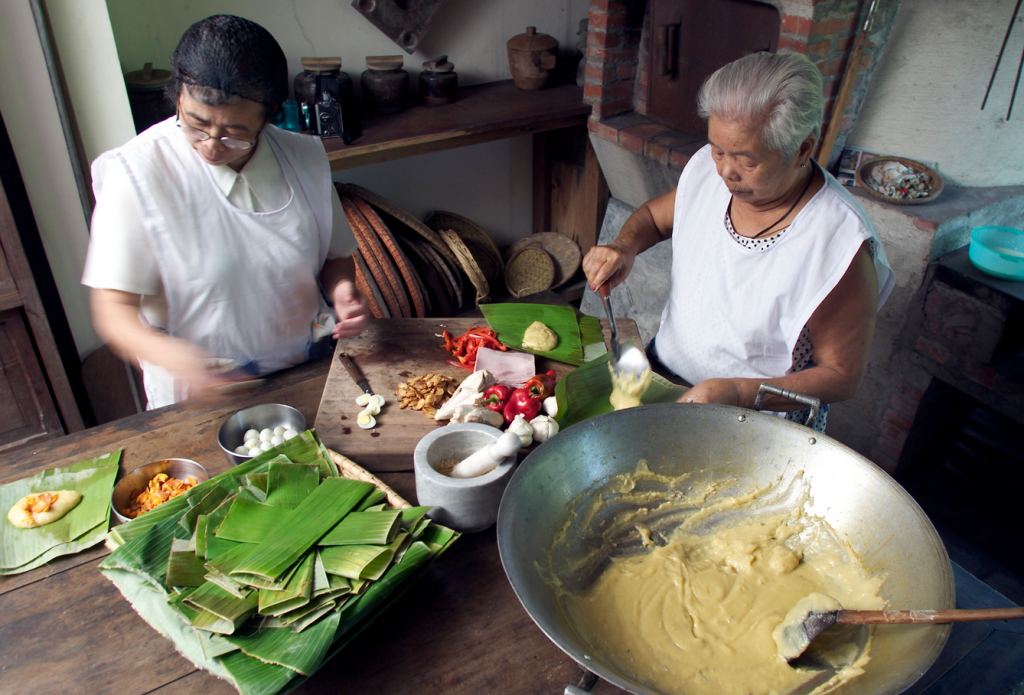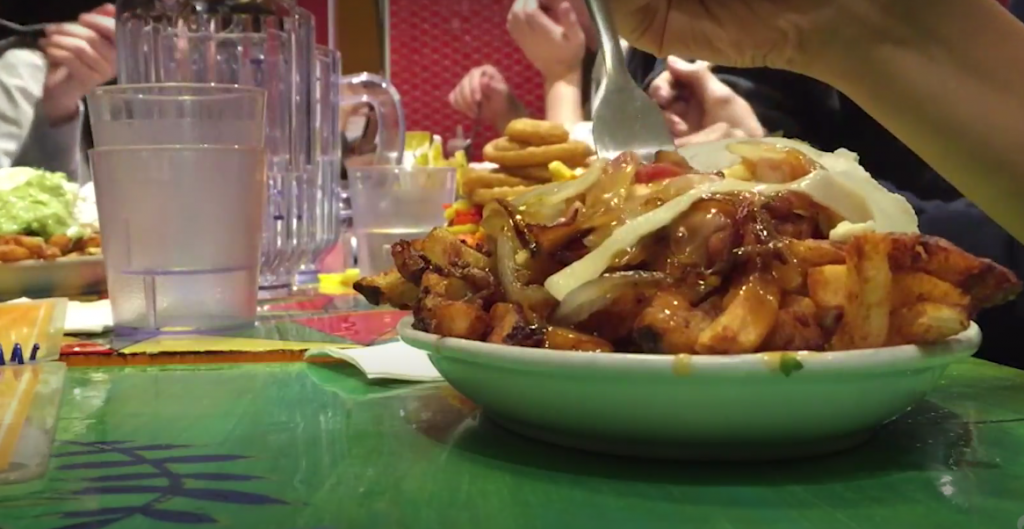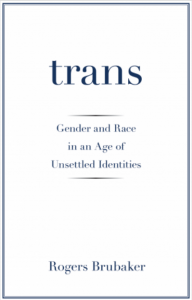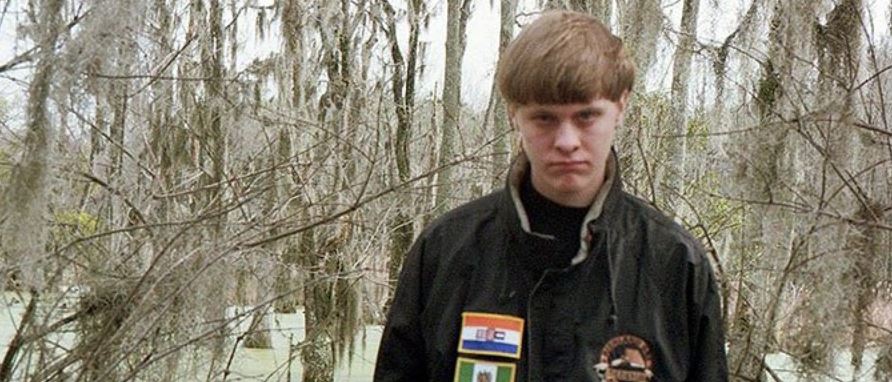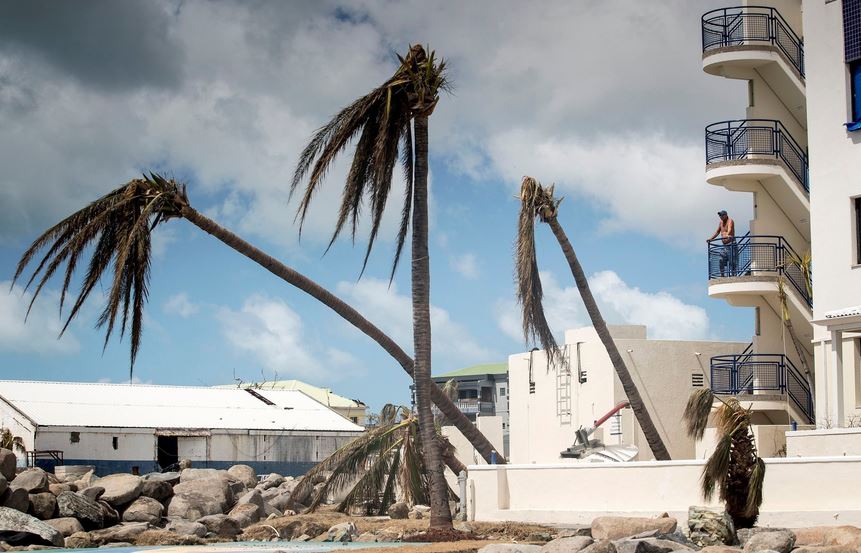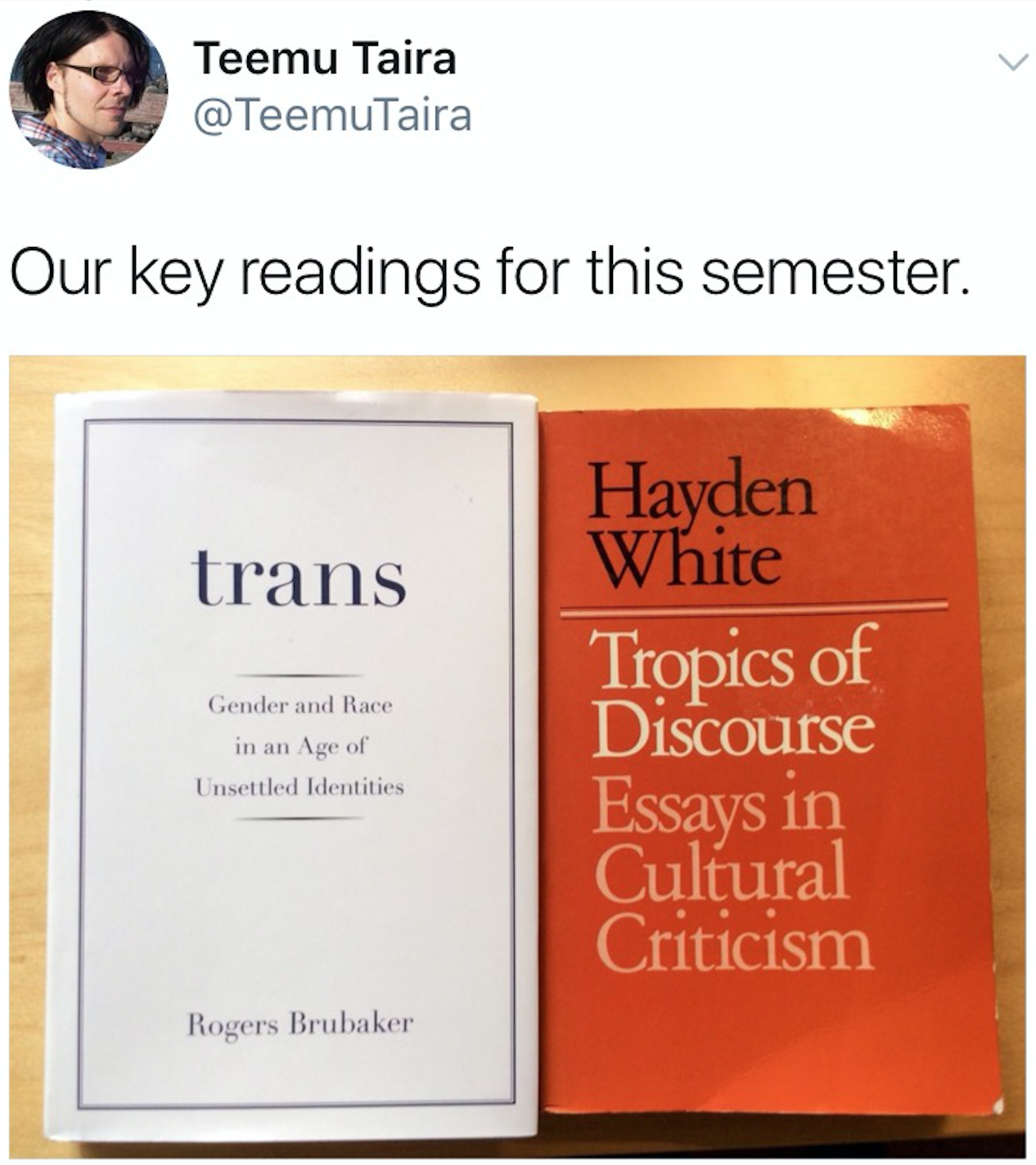
In the Fall of 1980 I was traveling home by bus from my first year as an undergrad, going for a long weekend visit. I was attending Queen’s University, in Kingston, Ontario, partway between Montreal and Toronto, so I changed buses in Toronto to make it home, not far from Niagara Falls.
It was the first time I’d been in the Toronto bus terminal; built in 1931, it consisted of an interior waiting area, where you bought tickets and coffee from a machine, and, as per the above photo, a large outer area where buses pulled in and people lined up.
It was Thanksgiving and, as I recall, there was a throng of people, jostling either to get into lines or through them to yet other lines of their own, all waiting for their ride on a chilly Fall night. Before going away to university I’d lived in a small town — about 21,000 people back then — so being in the big city, on my own, in a crowded bus terminal late at night, was a new experience for me. Continue reading ““No Thanks; I’m Good.””
